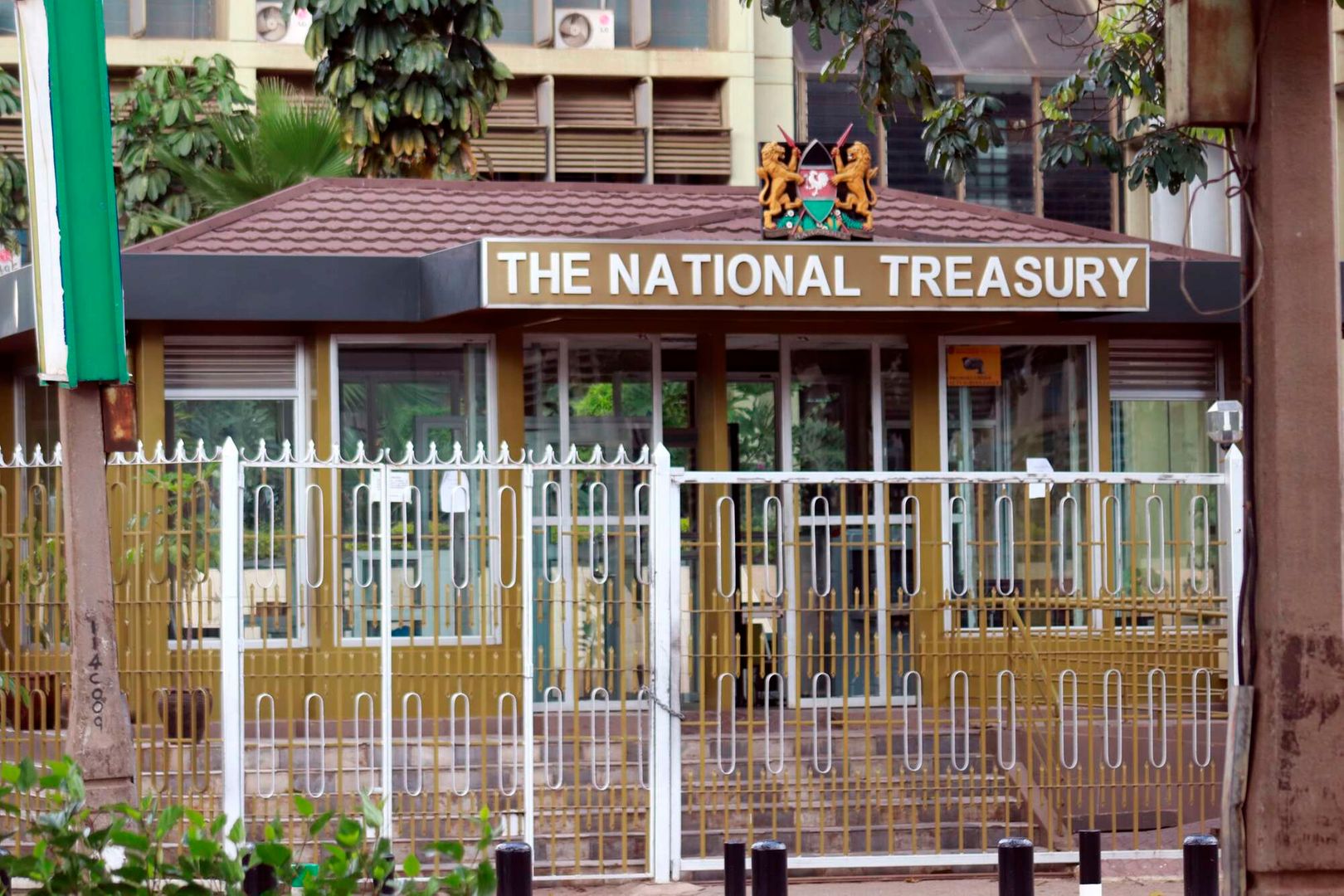Kenya’s economy grew by 4% in Q3 2024, marking its slowest expansion in four years. This slowdown was recorded despite a stronger shilling and easing inflation. The 4% growth rate is a sharp decline from the 6% recorded in Q3 2023, according to the Kenya National Bureau of Statistics (KNBS).
KNBS highlighted that most sectors contracted during the review period, underscoring the tough macroeconomic environment. The construction and mining sectors, in particular, saw the steepest declines, reflecting reduced investor confidence in large-scale projects. This comes despite President William Ruto’s emphasis on construction, especially his affordable housing program, designed to tackle unemployment and the country’s housing deficit.
Key sectors see contraction
The construction sector was hit hard as banks tightened credit in response to rising interest rates and increased economic risks, making funding for new projects scarce. Loans to construction companies dropped by 13.6%, totaling $998.6 million (KES 129.2 billion) in Q3.
The government also scaled back new road projects, further curtailing demand for key construction materials like cement, steel, and bitumen.
In mining, the expected boost from lifting the 2023 moratorium has been undercut by delays in licensing. As a result, mining activities contracted by 6% in Q3, according to KNBS.
Despite these sectoral declines, there were some positive macroeconomic indicators. The Kenyan shilling appreciated against major currencies, and inflation fell to 4.08%, its lowest level since the pandemic, largely due to a decline in food prices.
“On average, the Kenyan shilling gained ground against the US Dollar (10.1%), Euro (9.3%), and Pound Sterling (7.7%),” KNBS reported.
While the overall growth was subdued, some sectors showed robust performance. The hospitality sector surged by 13.7%, logistics grew by 5.2%, real estate rose by 5.5%, and retail expanded by 4.8%. Financial services, insurance, and agriculture also posted positive growth, at 4.8% and 4.2%, respectively.
World Bank lowers growth forecast
The World Bank has downgraded Kenya’s 2024 growth forecast from 5% to 4.7%, citing fiscal challenges stemming from the country’s debt burden, widespread anti-government protests, and destructive floods in certain regions.
Despite this, Kenya’s Ministry of Finance is optimistic, projecting a 5.2% growth in 2025, driven by agriculture, logistics, and retail.
Kenya’s economic slowdown contrasts with stronger growth in neighboring Uganda, which posted a 6.7% expansion in Q3 2024, primarily driven by agriculture. Tanzania’s economy also outpaced Kenya’s, growing by 6.3% thanks to a booming tourism sector and increased investment in infrastructure projects like the ongoing railway development.
Impact on jobs and consumer spending
The slowdown will likely have significant implications for jobs and consumer spending. The construction sector alone employs over 230,000 workers, mostly from low-income neighborhoods.
Slower growth in agriculture and hospitality is expected to exacerbate unemployment and reduce consumer spending, particularly in rural areas where agriculture employs more than 40% of the workforce.




















